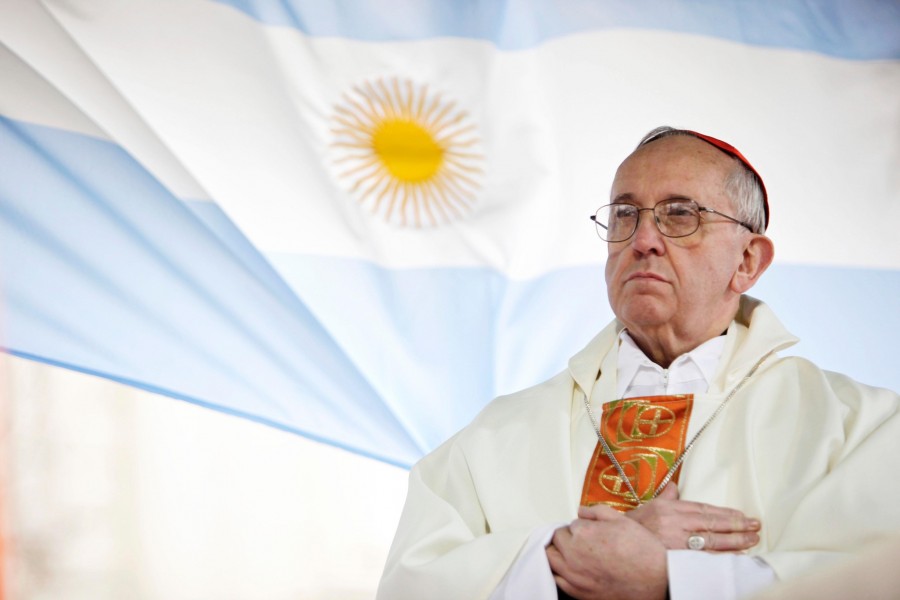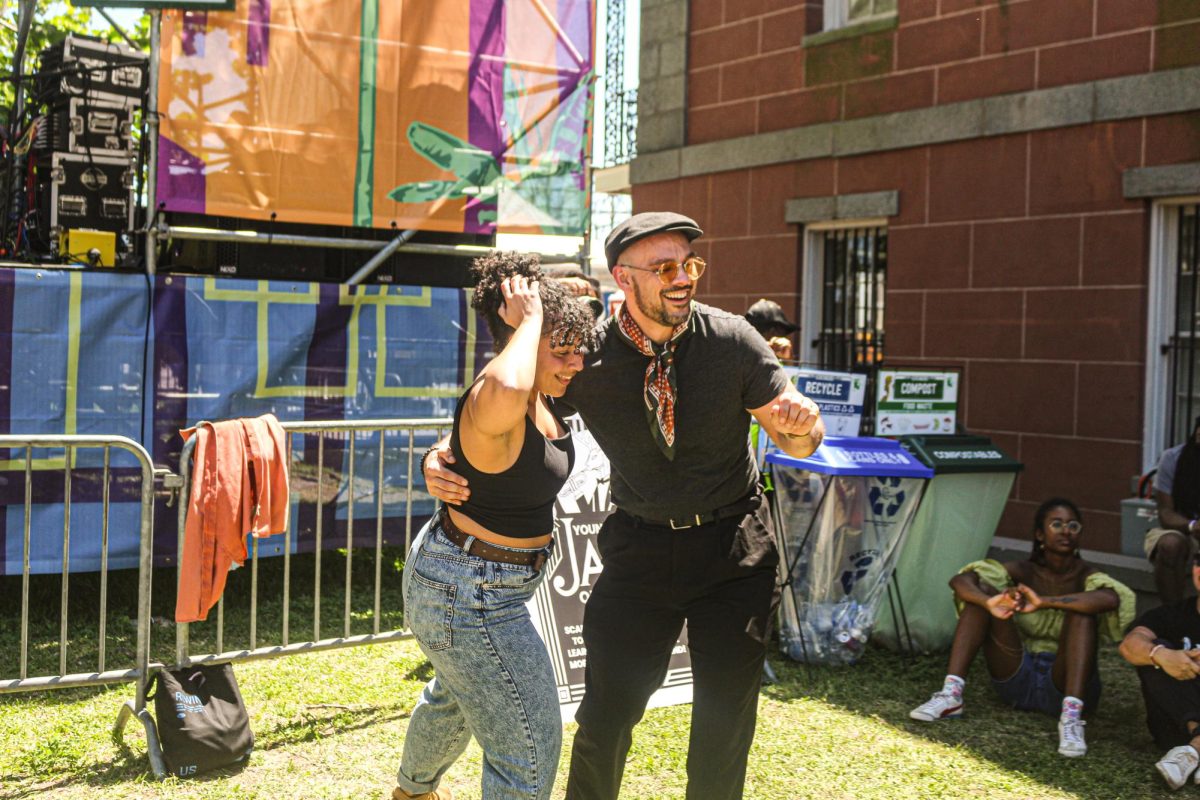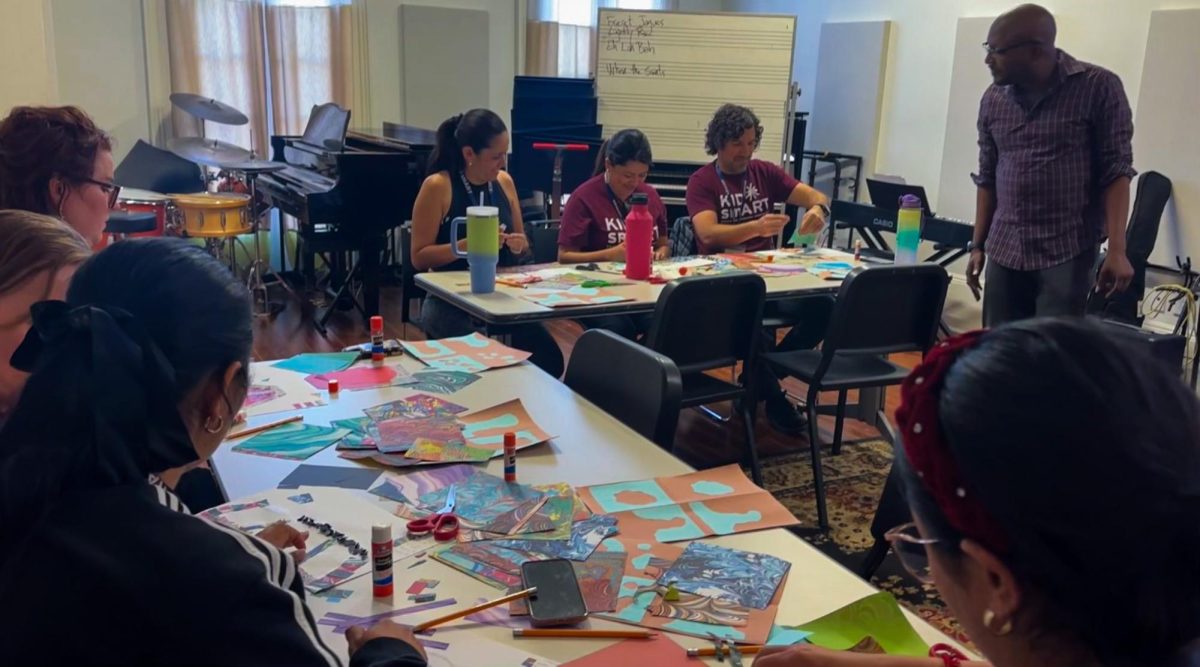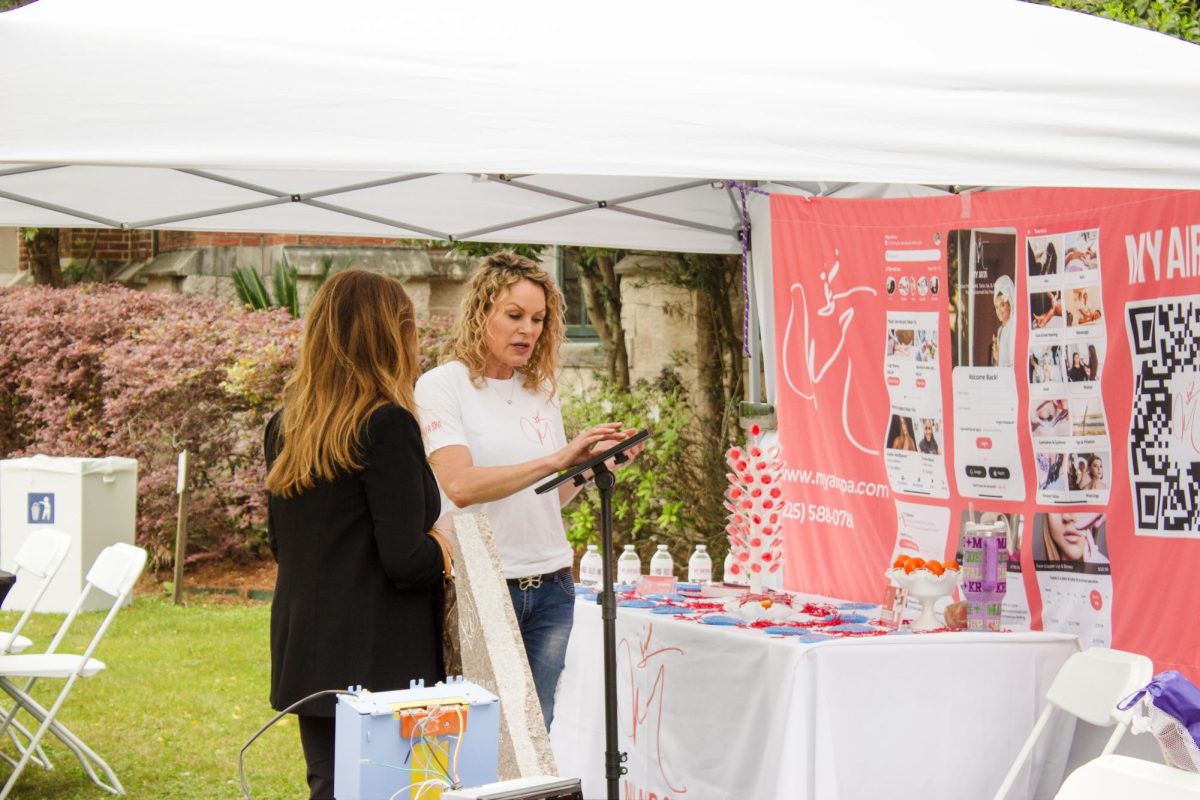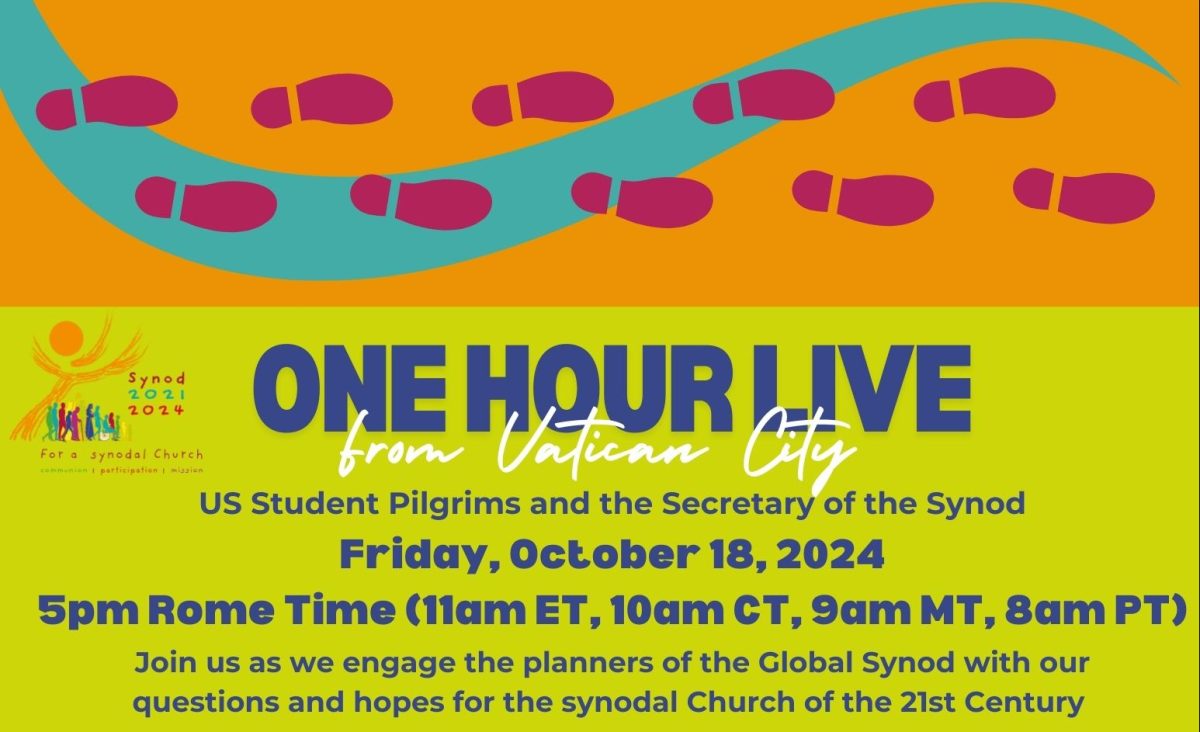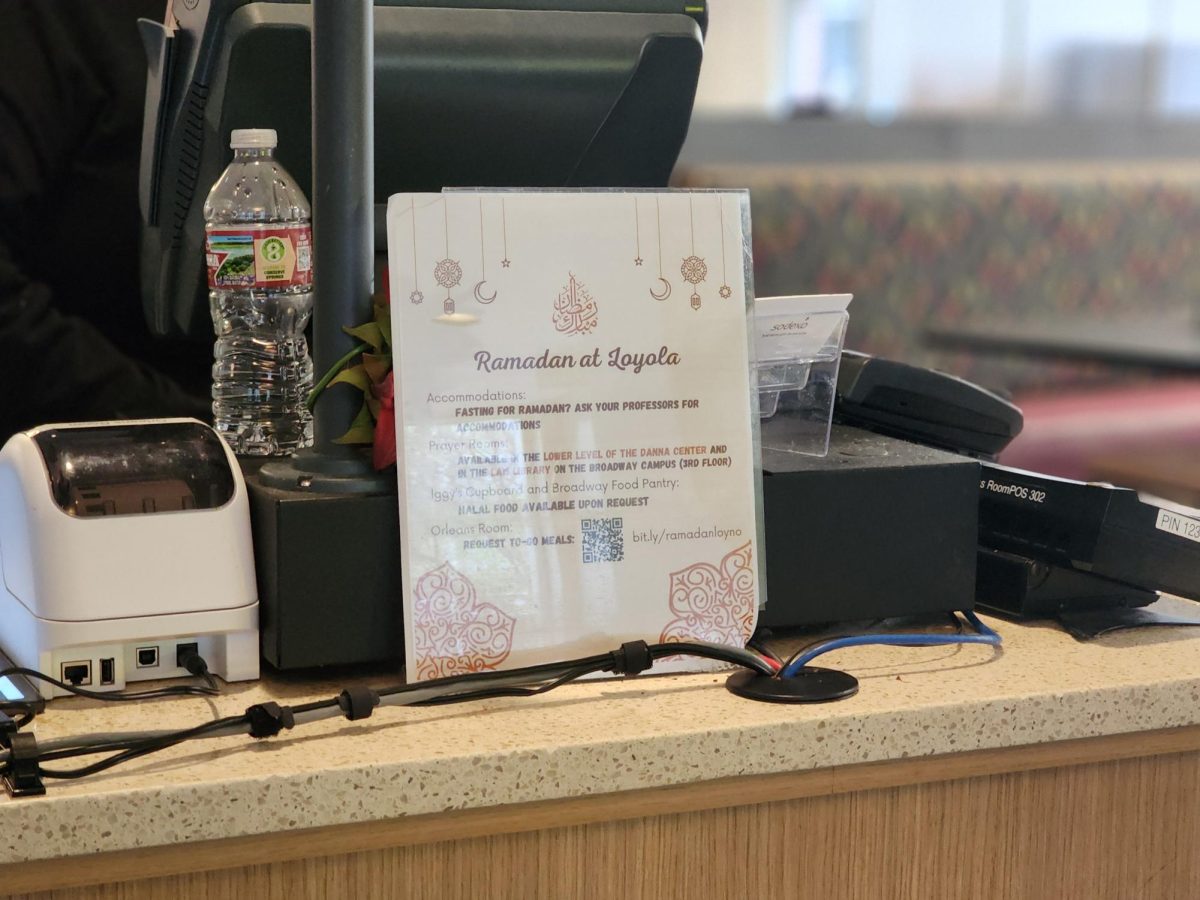VATICAN CITY (AP) – Pope Francis I, an austere Jesuit intellectual who modernized Argentina’s conservative Catholic church, is the first Pope from the Americas.
Known until Wednesday as Jorge Bergoglio, the 76-year-old is known as a humble man who denied himself the luxuries that previous Buenos Aires cardinals enjoyed.
Bergoglio’s legacy includes his efforts to repair the reputation of a church that lost many followers by failing to openly challenge Argentina’s murderous 1976-83 dictatorship. He also worked to recover the church’s traditional political influence in society, but his outspoken criticism of President Cristina Kirchner couldn’t stop her from imposing socially liberal measures that are anathema to the church, from gay marriage and adoption to free contraceptives for all.
“Is Bergoglio a progressive – a liberation theologist even? No. He’s no third-world priest. Does he criticize the International Monetary Fund, and neoliberalism? Yes. Does he spend a great deal of time in the slums? Yes,” said Bergoglio’s authorized biographer, Sergio Rubin.
Many Argentines remain angry over the church’s acknowledged failure to openly confront a regime that was kidnapping and killing thousands of people as it sought to eliminate “subversive elements” in society.
Under Bergoglio’s leadership, Argentina’s bishops issued a collective apology in October 2012 for the church’s failures to protect its flock.
At least two cases directly involved Bergoglio. One examined the torture of two of his Jesuit priests – Orlando Yorio and Francisco Jalics – who were kidnapped in 1976 from the slums where they advocated liberation theology. Yorio accused Bergoglio of handing them over to the death squads by declining to tell the regime that he endorsed their work.
Both men were freed after Bergoglio took behind-the-scenes action to save them – including persuading dictator Jorge Videla’s family priest to call in sick so that he could say Mass in the junta leader’s home, where he privately appealed for mercy. His intervention likely saved their lives, but Bergoglio never shared the details until Rubin interviewed him for the 2010 biography.
Bergoglio ran Argentina’s Jesuit order during the dictatorship – told Rubin that he regularly hid people on church property during the dictatorship, and once gave his identity papers to a man with similar features, enabling him to escape across the border. But all this was done in secret, at a time when church leaders publicly endorsed the junta and called on Catholics to restore their “love for country” despite the terror in the streets.
Rubin said failing to challenge the dictators was simply pragmatic at a time when so many people were getting killed, and attributed Bergoglio’s later reluctance to share his side of the story as a reflection of his humility.
But attorney Myriam Bregman said Bergoglio’s own statements proved church officials knew early on that the junta was torturing and killing its citizens, and yet publicly endorsed the dictators.
Bergoglio became cardinal in 2001, when the economy was collapsing, and won respect for blaming unrestrained capitalism for impoverishing millions of Argentines.
During the dictatorship era, other church leaders only feebly mentioned a need to respect human rights. When Bergoglio spoke to the powerful, he was much more forceful. In his 2012 address, he said Argentina was being harmed by demagoguery, totalitarianism, corruption and efforts to secure unlimited power. The message resonated in a country whose president was ruling by decree, where political scandals rarely were punished and where top ministers openly lobbied for Fernandez to rule indefinitely.


